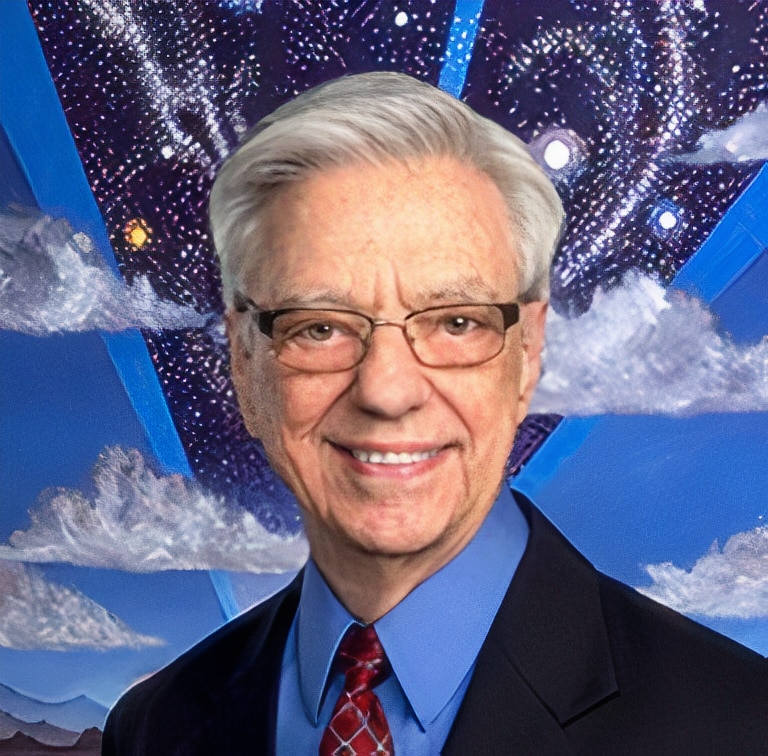Harold (Hal) Puthoff, Ph.D., is Director of the Institute for Advanced Studies at Austin. His current research interests range from theoretical studies concerning gravitation and quantum zero-point-energy effects, to laboratory studies of innovative approaches for energy generation and space propulsion. Puthoff’s professional background includes engineering work at General Electric and Sperry; three-and-a-half years with the National Security Agency where his work on high-speed optoelectronic computers resulted in the award of a DoD Certificate of Commendation for Outstanding Performance; PhD (Stanford, 1967) followed by post-doc appointments and co-authoring a textbook Fundamentals of Quantum Electronics; and over a decade at SRI International where he established and directed the CIA/DIA-funded Remote Viewing Program. In 1985 Puthoff relocated to Austin to found the Institute.
Puthoff regularly serves various corporations, NASA, and the DoD and intelligence communities as advisor on leading-edge technologies and future technology trends. As recently revealed in the New York Times and other major media, as part of this activity Puthoff has been a contractor/ Senior Advisor to the DoD’s Advanced Aerospace Threat Identification Program (AATIP) that addresses the issue of unidentified aerial phenomena (UAP) observed by our military platforms – the topic of his presentation to the SSE. Puthoff recently joined others to form To The Stars Academy of Arts and Science, whose missions include establishing a broad-based high-quality scientific Community of Interest in the public sector concerning UAP.


